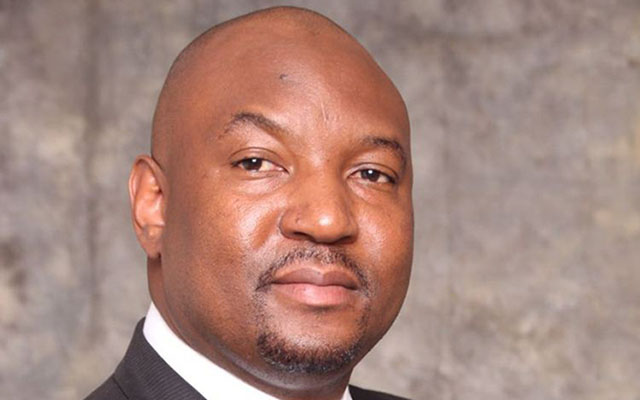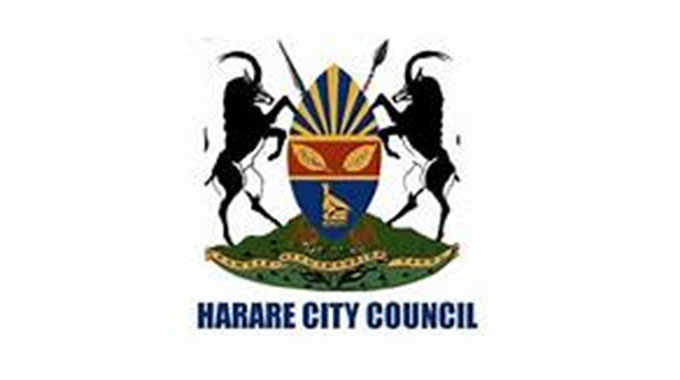Doctors court Parly over Medical Aid Bill

Paidamoyo Chipunza and Ropafadzo Ndangariro
THE Zimbabwe Medical Association (ZiMA) is courting Parliamentarians to ensure the speedy adoption and implementation of the proposed Medical Aid Societies Bill. Speaking to members of the Parliamentary Portfolio Committee on Health at a meeting organised by doctors on Tuesday, ZiMA treasurer Dr Sacrifice Chirisa said the Bill was long overdue since it is expected to end the current impasse between service providers and medical aid societies.
Dr Chirisa said patients, societies and service providers were unnecessarily suffering due to the 20-year-old feud between the two groups.
“The cat and mouse fight has gone too far since everyone is suffering. The patients, practitioners and the medical aid societies are also suffering,” said Dr Chirisa The obtaining legislation, he said, had proved ineffective in resolving disputes in the sector.
“The Statutory Instrument 35 of 2004 says that no doctor shall turn away a patient with a valid medical aid card, (but) what is a valid medical aid card when payments for services do not come? When payment periods are not adhered to? The Statutory Instrument 159 of 2014 governs fees but a few medical aid societies are compliant with the fees, of those that are compliant with the fees, they are not paying the doctors on time. Most of them disregard the fees,” explained Dr Chirisa. According to Dr Chirisa, the current status quo creates conflict of interest, especially for most medical aid societies that also run own medical practices, since they are tempted to direct subscribers to their own institutions – a practice that is considered unfair in the industry.
“There is loss of freedom of choice for providers such as health practitioners or institutions. Patients are referred to the providers’ institutions. Savings made on payments are used to fund service provisions by themselves, heavy perks and vehicles. The medical aid societies are also top heavy,” said Dr Chirisa. ZiMA says while there was the Association of Healthcare Funders of Zimbabwe (AHFoZ), it was a voluntary association that had no mandate to punish societies that fail to abide by stipulated rules and regulations, hence the need to adopt the proposed Medical Aid Societies Bill.
The independent regulatory body that would be created by the enactment of the Bill, ZiMA believes, would be able to address some of the challenges being faced in the sector. It was believed that while medical aid societies were not regulated by any authority, all service providers were regulated by different regulatory authorities.
For example, doctors were regulated by the Medicines and Dental Practitioners Council of Zimbabwe. For these reasons, Dr Chirisa said, Parliament should support the Bill and ensure its speedy implementation. Although medical aid societies were not represented at the meeting, they have always argued that doctors were very expensive, forcing most of them to refer their patients for treatment outside the country. Speaking after the meeting, chairperson of the Portfolio Committee Dr Ruth Labode said although ZiMA raised valid points, funders and consumers also needed to be heard. She said the parties have been fighting for far too long at the expense of the patients.
“Patients are being denied treatment yet they are making their contributions to the funders. The funders are also buying vehicles for themselves without paying the doctors for services rendered to their patients. On the other hand, the doctors are also reportedly charging very high costs,” said Dr Labode. She said, unfortunately, the committee had not yet seen the Bill.
“It is unfortunate we cannot invite the medical aid societies or the consumers because we do not have funding so that we also hear their side,” she said. Government, through the Ministry of Health and Child Care, has since concluded its stakeholder consultations and is now in the process of compiling all the feedback after, which it would report back to the stakeholders. The Bill would then be submitted to the Attorney-General’s Office for final adjustments. Following the AG’s final adjustments, the Ministry of Health would then handover the draft Bill to the Cabinet for approval before it is tabled in Parliament for debate.









Comments